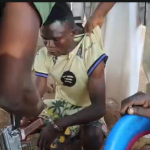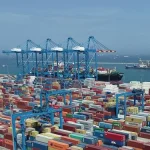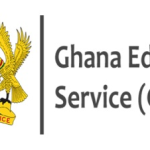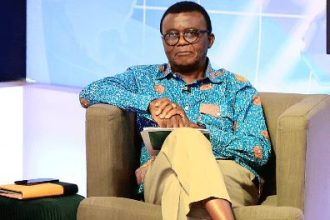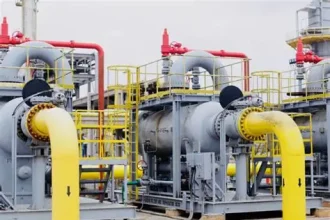Ghana has been ranked first in Africa as the most indebted country to the International Monetary Fund(IMF).
This means Ghana retains its position in Africa as the country’s loans from the IMF shot up by 35.3% in the second quarter of 2023.
The country’s outstanding loans to the Bretton Wood institution stood at Special Drawing Rights 1.689 billion as of July 31, 2023, equivalent to $2.227 billion, according to the Fund’s Quarterly Finances July-ending 2023.
This is $451 million SDR, higher than the 1.246 billion SDR recorded as of April 30, 2023.
Ghana received $600 million as a bailout package from the IMF in June 2023 to revive its economy after going through fiscal challenges.
According to the report, the country’s loan outstanding to the Fund is 9.55% of Africa’s total of SDR 17.68 billion.
The nation’s loan exposure to the Bretton Woods institution is classified as concessional lending with low-interest financing.
When a country borrows from the IMF, the government agrees to adjust its economic policies to overcome the problems that led it to seek financial assistance.
These policy adjustments are conditions for IMF loans and help to ensure that the country adopts strong and effective policies.
Meanwhile, the Democratic Republic of Congo and Kenya also maintained their 2nd and 3rd positions respectively in Africa with the largest outstanding loans to the Fund as of July 31st, 2023.
Whilst, DR Congo owed the IMF SDR 1.142 billion, Kenya was indebted to the Fund to the tune of SDR 1.008.
They also received a disbursement of SDR 153 million and SDR 77 million to boost their balance of payments.
Sudan and Uganda also maintained their 4th and 5th respectively with their exposure to the Fund estimated at SDR 992 million and SDR 812 million. Uganda also received a disbursement of SDR 91 million to aid its fiscal economy.
The rest of Africa was indebted to the tune of SDR 11.32 billion to the IMF.
The Executive Board of the International Monetary Fund approved a 36-month arrangement under the Extended Credit Facility (ECF) in an amount equivalent to SDR 2.242 billion (around US$3 billion, or 304 percent of the quota) for Ghana in May 2023.
Ghana has relied on the IMF for support 17 times, and many critics say the support from the fund has never been a solution to the country’s challenges.
In general, IMF-supported programs seek to boost social spending to improve socioeconomic outcomes and help promote inclusive growth.



